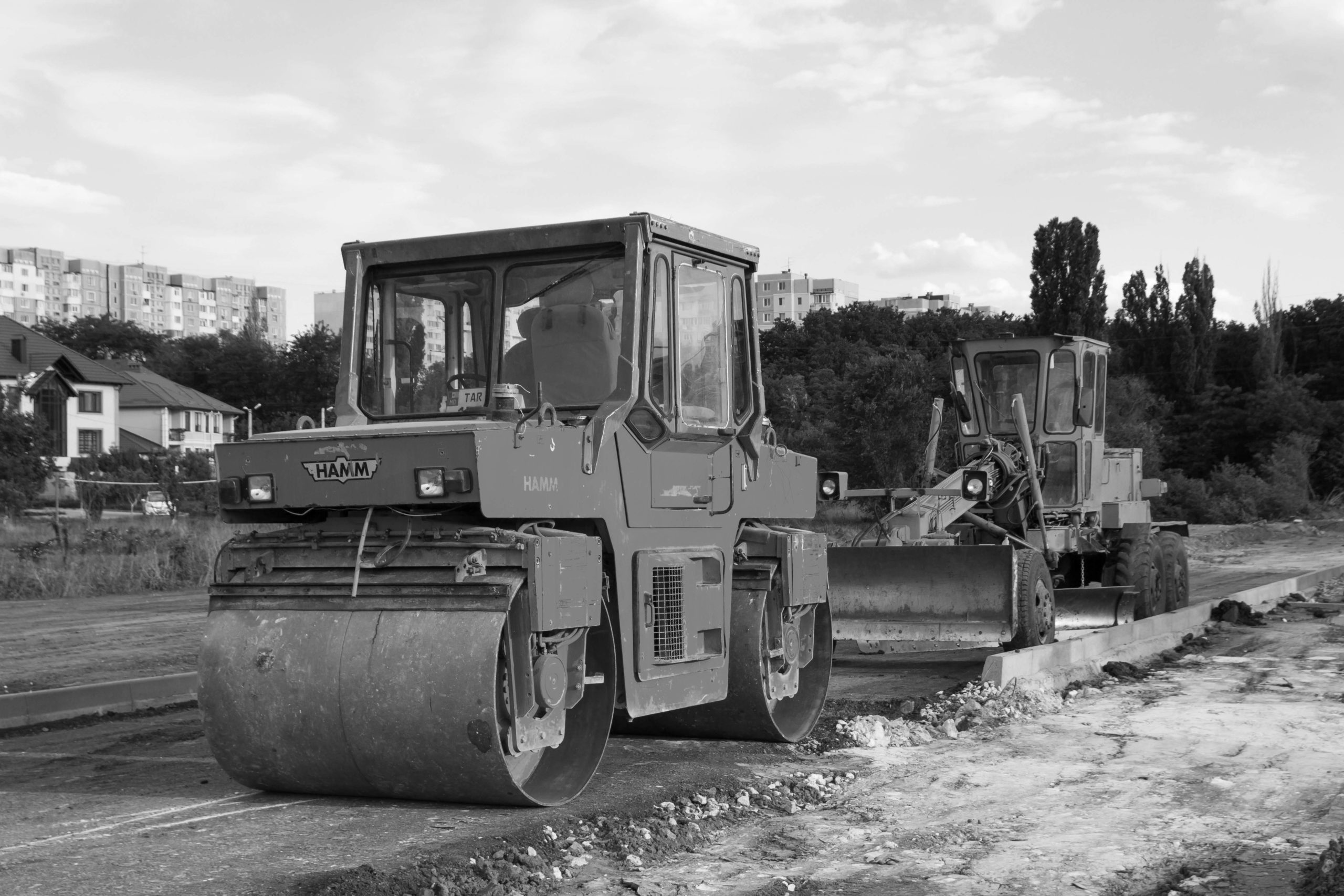Construction in New Jersey – Business as Usual… For Now?
New Jersey, like its sister state New York, has been overwhelmed in recent weeks with COVID-19 cases, and both states have responded in kind with a variety of “stay at home” executive orders in an attempt to reduce, as much as possible, the exposure of their citizens to the highly-contagious novel coronavirus.
On March 21, 2020, New Jersey’s Governor Murphy issued Executive Order 107 closing all non-essential retail businesses and ordering all other businesses to allow, where practicable, their employees to work from home. “Construction workers”, however, were specifically deemed “employees who need to be physically present at their work site in order to perform their duties.” During his press conference discussing the Executive Order, Governor Murphy stated that all kinds of construction were “essential” and, as such, “work at construction sites may continue.” As such, developers and contractors have been left to grapple with how to best address their and their employees’ concerns for their health and safety at their worksites. Construction was booming all over New Jersey when the virus struck, and “safe social distancing” can be an impossibility when working a job, so it is a legitimate concern for all involved on a worksite – both for the workers’ health and safety and the developers’ and contractors’ potential resulting liability.
On Friday, March 27, New York’s Empire State Development Corporation issued new guidelines relating to Governor Cuomo’s previously-issued more general Executive Order 202.6 limiting business to be conducted henceforth in the State to those deemed essential. This time, construction deemed “essential” was strictly delineated – greatly limiting the types of projects that could continue in the face of the pandemic to necessary emergency/safety work, utilities, infrastructure, healthcare, affordable and public housing, and single-worker sites. Even if the type of work is permitted, if best practices cannot be maintained, the site must shut down. Early the following week, New York City’s Department of Buildings issued further guidance, interpreting the new guidelines for City projects. Our prior post deals with the particular ambiguity of affordable housing.
Last week, when questioned about any potential limitations on New Jersey construction projects, Governor Murphy stated that “we are constantly reassessing all the parameters, including something like, what do we consider as essential or non-essential construction?”
So, the question now becomes, will New Jersey follow New York’s lead and blueprint for limiting construction in the State – or will it continue with business as usual in the face of the pandemic. The Murphy Administration will have to determine whether the healthy & safety of construction workers requires that it take a more restrictive approach to allowing construction to continue only on certain delineated projects more appropriately classified as “essential”, or whether all construction work in the State shall continue to be deemed “essential”. For the time being, however, it’s business as usual for New Jersey construction projects as far as the State is concerned.
No aspect of this advertisement has been approved by the highest court in any state.
Results may vary depending on your particular facts and legal circumstances.
As the law continues to evolve on these matters, please note that this article is current as of date and time of publication and may not reflect subsequent developments. The content and interpretation of the issues addressed herein is subject to change. Cole Schotz P.C. disclaims any and all liability with respect to actions taken or not taken based on any or all of the contents of this publication to the fullest extent permitted by law. This is for general informational purposes and does not constitute legal advice or create an attorney-client relationship. Do not act or refrain from acting upon the information contained in this publication without obtaining legal, financial and tax advice. For further information, please do not hesitate to reach out to your firm contact or to any of the attorneys listed in this publication.
Join Our Mailing List
Stay up to date with the latest insights, events, and more





